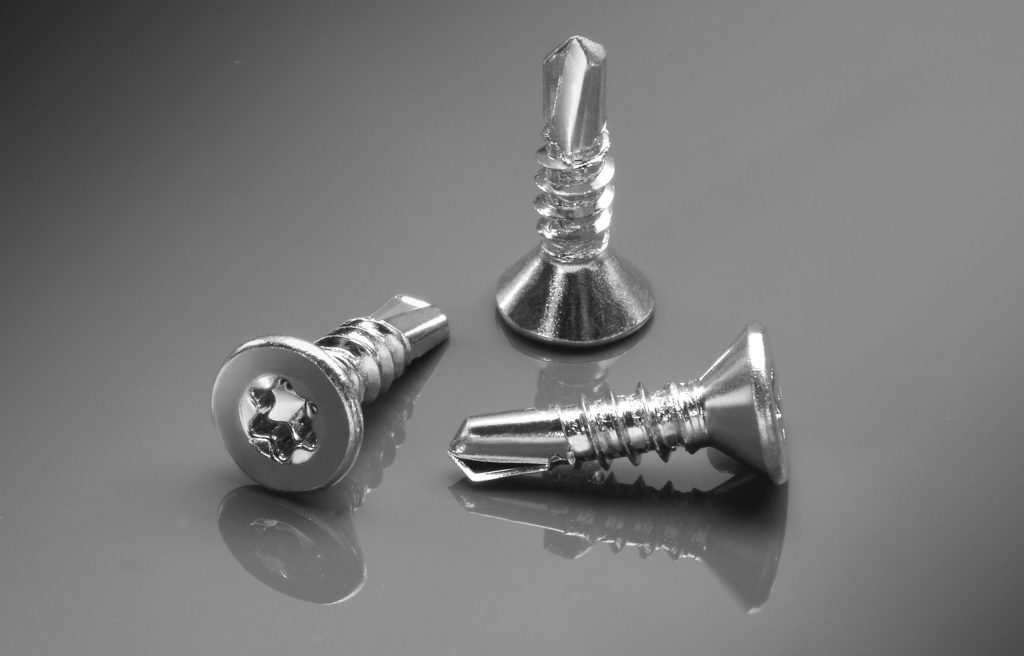Self-tapping screws are a popular type of fastener used in a variety of industries, from automotive to construction. As a screw manufacturer, it’s important to understand the key aspects of self-tapping screws to ensure their optimal performance in different applications. In this article, we’ll cover what you need to know about self-tapping screws from a manufacturer’s perspective.

Types of self-tapping screws
There are different types of self-tapping screws available, each with its specific design and intended use. Some common types of self-tapping screws include:
- Sheet metal screws: These screws are designed for use in thin sheets of metal and have a sharp, pointed end that can create threads in the material as it is screwed in.
- Wood screws: These screws have a wider, flatter head and a coarser thread than sheet metal screws, making them ideal for use in wood and other soft materials.
- Concrete screws: These screws have a special design that allows them to be used in concrete and masonry, creating threads in the material as they are screwed in.
Self-tapping screws can be made from a variety of materials, including stainless steel, carbon steel, and aluminum. The choice of material will depend on the specific application and the environmental conditions that the screw will be exposed to. The thread design of a self-tapping screw is an important consideration for its performance. The thread design will affect the screw’s ability to tap its threads in the material and its holding strength. Some common thread designs include coarse, fine, and extra-fine.
Self-tapping screws come in different head types, including pan, flat, and round. The choice of head type will depend on the specific application and the desired appearance of the finished product. The length and diameter of a self-tapping screw will also affect its performance. The length of the screw should be sufficient to ensure that it can tap its threads in the material without bottoming out. The diameter of the screw will depend on the size of the hole in the material and the holding strength required.

In some applications, self-tapping screws may be exposed to corrosive environments. In such cases SS304 Self Tapping Screws Manufacturer, it’s important to choose a material that is resistant to corrosion, such as stainless steel or aluminum. As a screw manufacturer, it’s important to ensure that the self-tapping screws produced meet the required quality standards. This involves testing the screws for various parameters such as tensile strength, torque, and thread engagement. Self-tapping screws used in certain industries may be subject to regulatory compliance requirements, such as those related to safety or environmental impact. It’s important to ensure that the screws produced meet these requirements and that the necessary certifications are obtained.




